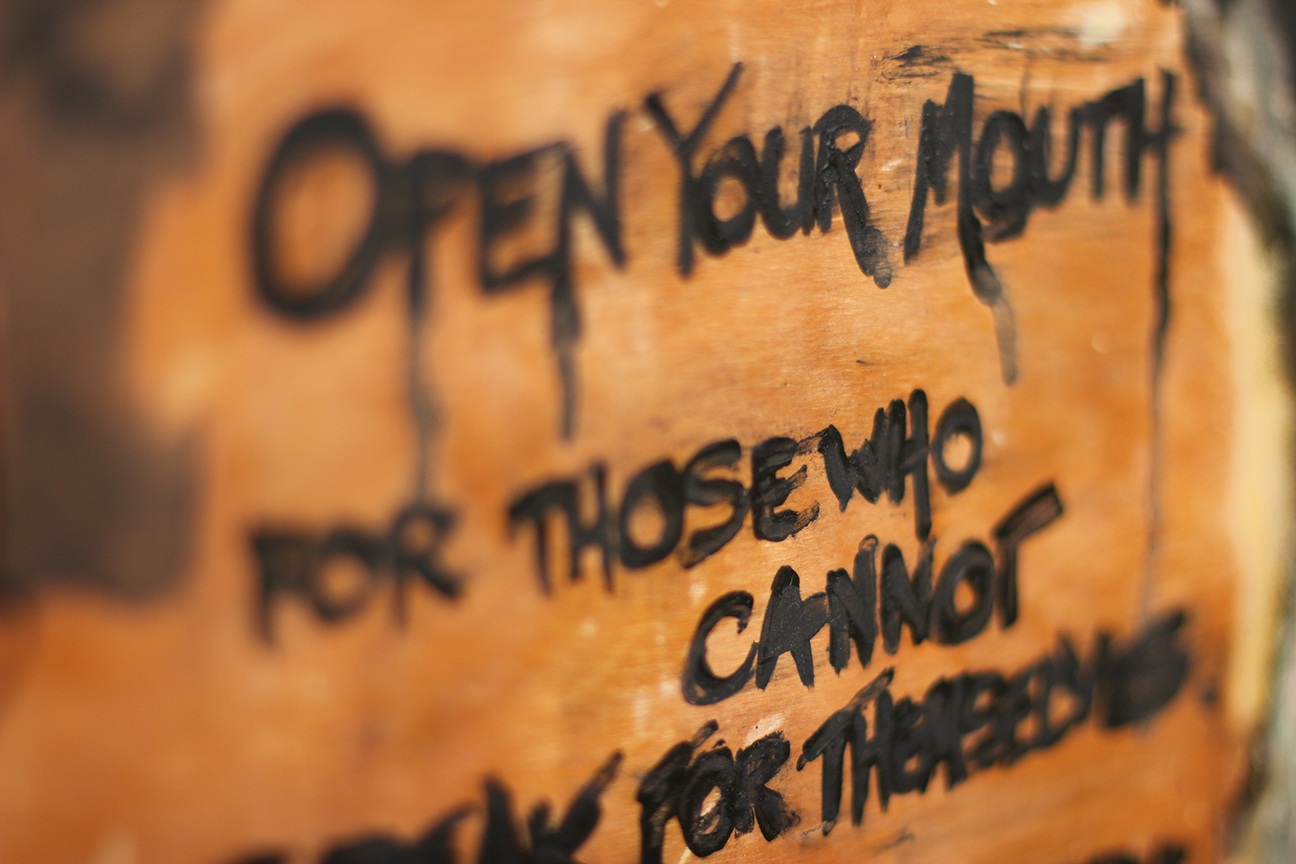ADVOCACY AND RESEARCH
research into worker exploitation
The Préscha Initiative as part of the Human Trafficking Research Coalition (Stand Against Slavery, Hagar New Zealand, ECPAT NZ) published the first research into worker exploitation in New Zealand, December 2016. This was the result of a three year research project undertaken by Dr Christina Stringer from the University of Auckland. The research is important because it confirms worker exploitation in dairy, horticultural, hospitality and international education industries throughout New Zealand for the first time. The Coalition, of which The Préscha Initiative is chair, published 11 recommendations as part of the report asking the government to urgently act and address issues raised in the report. Read the full report here. A second research report entitled “Temporary Migrant Worker Exploitation in New Zealand” was published in October 2019 by Christina Stringer and Francis Collins. This research carries on from the research published in December 2016.
"A new report, the first of its kind in New Zealand, shows some worrying trends on worker exploitation in New Zealand. After interviewing over 100 (predominantly) migrant workers in New Zealand, Auckland University researcher, Dr. Christina Stringer, outlines that New Zealand has a troubling landscape regarding the extent of exploitation being experienced in this country.
The Human Trafficking Research Coalition of four organisations, ECPAT NZ, Hagar NZ, Stand Against Slavery, and The Préscha Initiative, have created eleven recommendations in response to the evidence-based report and urge Government and Civil Society to address these in order to stamp out worker exploitation and human trafficking in New Zealand.
Some of the workers interviewed for the purposes of this research relayed conditions they were subjected to that amount to modern day slavery in Aotearoa, New Zealand. The research showed that certain industries and demographics in New Zealand have elevated levels of exploitation that need critical attention and monitoring. It also outlined alarming practices taking place in the recruitment of migrants to New Zealand.
The production of this research, report and recommendations has been a three year process. Its release is timely given the trial and conviction of New Zealand's first human trafficking case in September 2016."
EDUCATION
NCEA level one resource for students and teachers on human rights and human trafficking (for schools)
School leavers are particularly susceptible to human trafficking. They can be promised work or opportunities overseas that sound too good to be true and end up in exploitative situations which violate their human rights.
This resource teaches human rights and human trafficking to New Zealand students in a creative and meaningful way where they are encouraged to "conduct a social inquiry" into this issue. The Teacher's Guide is comprehensive and easy to use. This resource was created in collaboration with Instant Education Solutions and is available for FREE here. This resource meets the requirements of NCEA Achievement Standard 91040.
Have you taught the NCEA Teachers Guide? We would love to hear your feedback – fill out this form and be heard.
Préscha Education Resource on Human Rights and Human Trafficking
The Education Resource on Human Rights and Human Trafficking is loosely based on Achievement Standard 91040. It contains more information, The Préscha Initiative's graphics and is not NCEA accredited. We created this resource to be accessible to all people, not just students. Individuals can undertake this study on their own, with their friends or in a group or as a case study. It can also be used as a tool for migrants learning English.
Download it here.
Human trafficking resource for youth groups
This resource was developed for BYM Easter Camp. It is designed for youth groups who want to look into the issue of human trafficking from a biblical perspective.
AWARENESS – Past Projects
Art Advocacy
We encourage people to learn about human trafficking and creatively respond to this through the medium of art. Creatively responding can be a catalyst that leads us into having a deeper understanding of human trafficking and result in us being able to address it more effectively. See some of the amazing art created by people in response to human trafficking as part of our former "art advocacy" project. We encourage you to also produce a creative response and share it with your community as a way of raising awareness of this issue!
Hosting information and awareness stalls at events
The Préscha Initiative hosted stalls at the BYM Easter Camp and Hydrate. Information about human trafficking was available and students were able to creatively respond. Annie Blackberry created a whole line of justice related jewellery for these events. Stalls are a great way of interacting with people and getting them engaged, informed and interacting with human rights and human trafficking issues. Why not host one at your school?
Movie NightS
Hosting movie nights are a great way of raising awareness of human rights and human trafficking. The Préscha Initiative held an awareness night for human trafficking by showing the movie "HOLLY" which told the story of a Vietnamese child trafficked to Cambodia for sex. Information packs were distributed so that people could learn more about human trafficking and Whitaker's donated their Fair Trade chocolate in support of our event. Thinking of doing something similar? Check out movies on human trafficking here.
Hydrate 2011
Préscha ran a "Préscha Cafe" at Hydrate: The aim of the game was to create a place where people could learn more about human trafficking, feed people's coffee addiction with supreme fairtrade's roast AND make some moolah for some of our projects.















































